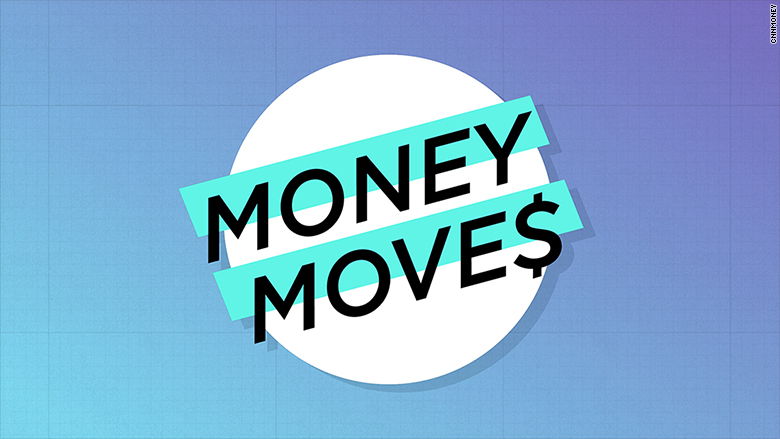
I have made five years of income-based student loan payments under the Public Service Loan Forgiveness plan during my residency and fellowship. But now I owe close to $450,000 even though I only borrowed $320,000. I would like to continue paying under this plan, but the interest would explode. I am starting a new job at a non-profit hospital with a $356,000 salary. What do I do? — Anonymous
Choosing the best student loan repayment plan can feel like gambling with your future.
Those with big debts, especially doctors and lawyers, may be tempted to lower their payments by enrolling in one of the government's income-driven plans. Not only does this offer immediate relief, but some plans will forgiven any remaining debt after at least 20 years.
But there's a catch. It's possible you'll pay more over the life of the loan because your payments will be spread out over a longer period of time and you'll be paying more interest.
"Sometimes we see borrowers so focused on the fact that they could get forgiveness, they don't realize they may still end up paying back more," said Betsy Mayotte, the president and founder of The Institute of Student Loan Advisors.
The overall goal is to pay the least amount over time, she said.
How much you end up paying overall can depend on some unknowns, like your future income, future job, and how many children you might have one day.
It can get confusing because there's not just one income-driven plan. If you have federal loans, there are seven different variations. Plus, some people who work in public service will get their debt wiped away after 10 years of payments.

Ask yourself these three questions before deciding what student loan repayment plan to select
Are you struggling to make your payments?
If you're in a low-paying job, you might have to lower your payments in order to be able to make them. Depending on your income, your monthly payment could be as low as $0 on some plans.
That may sound great while you're struggling financially, but you might not be paying enough to cover the interest. That means your balance will keep getting bigger.
Income-driven plans can make sense if you have either a lot of debt, a low income, several children — or some combination.
Many are based on your discretionary income, which considers your pay, your family size, and the state you live in.
Related: Is anyone actually getting public service loan forgiveness?
Will you make a lot more money in the future?
On many plans, your monthly payment will be a percentage of your income. So even though your payments may seem low at first, you'll owe more as your income goes up.
Mayotte suggests using the government's online repayment estimator at least once a year, or whenever you get a raise, get married, or have a child. (If you're married and filing jointly, your spouse's income will be considered when your monthly payment is calculated.)
It should tell you how much your monthly payments would be, the total amount you'll pay back over the lifetime of the loan, how long it will take, and if you'll be eligible for any debt forgiveness.
This can help you figure out if it's worth increasing your payments. Remember, the longer it takes you to pay off, the more interest you end up paying.
Related: Should he pay off his student debt faster or invest?
How long will it take you to pay off your debt?
If you're hoping to receive loan forgiveness, use the estimator to crunch your own numbers first. There is a chance that you might be finished paying off your debt before you're due any forgiveness.
You must pay for at least 20 years on an income-driven plan before you'll receive forgiveness. If you have loans for graduate school, you'll have to pay for 25 years.
There's another thing to consider. The forgiven debt will be taxed if you live in a state with income tax — unless you receive forgiveness from the Public Service Loan Forgiveness Program.
Related: Millennials explain why they have nothing saved for retirement
Those who work for a non-profit or the government may be eligible for forgiveness after paying for just 10 years on an income-driven plan.
Even with her new six-figure salary, the doctor who asked the question above could stand to save as much as $299,000 by staying enrolled in an income-driven plan.
But she must work for a qualifying employer all 10 years.
Have a money question for Money Moves? Ask us here to be included in a future column.
